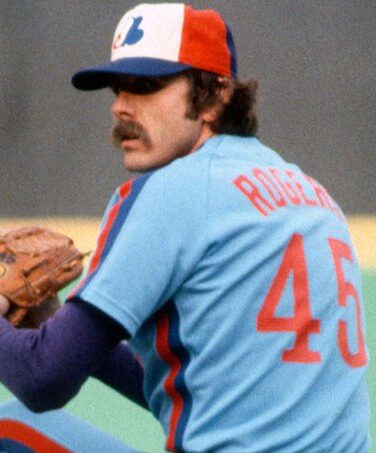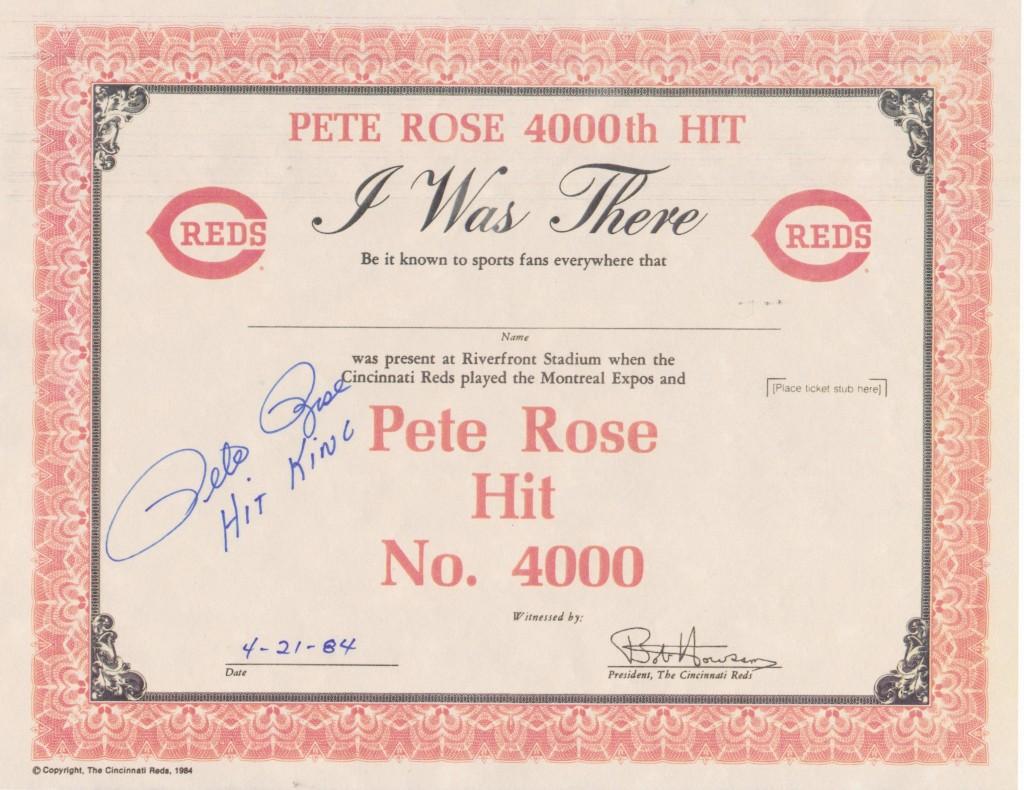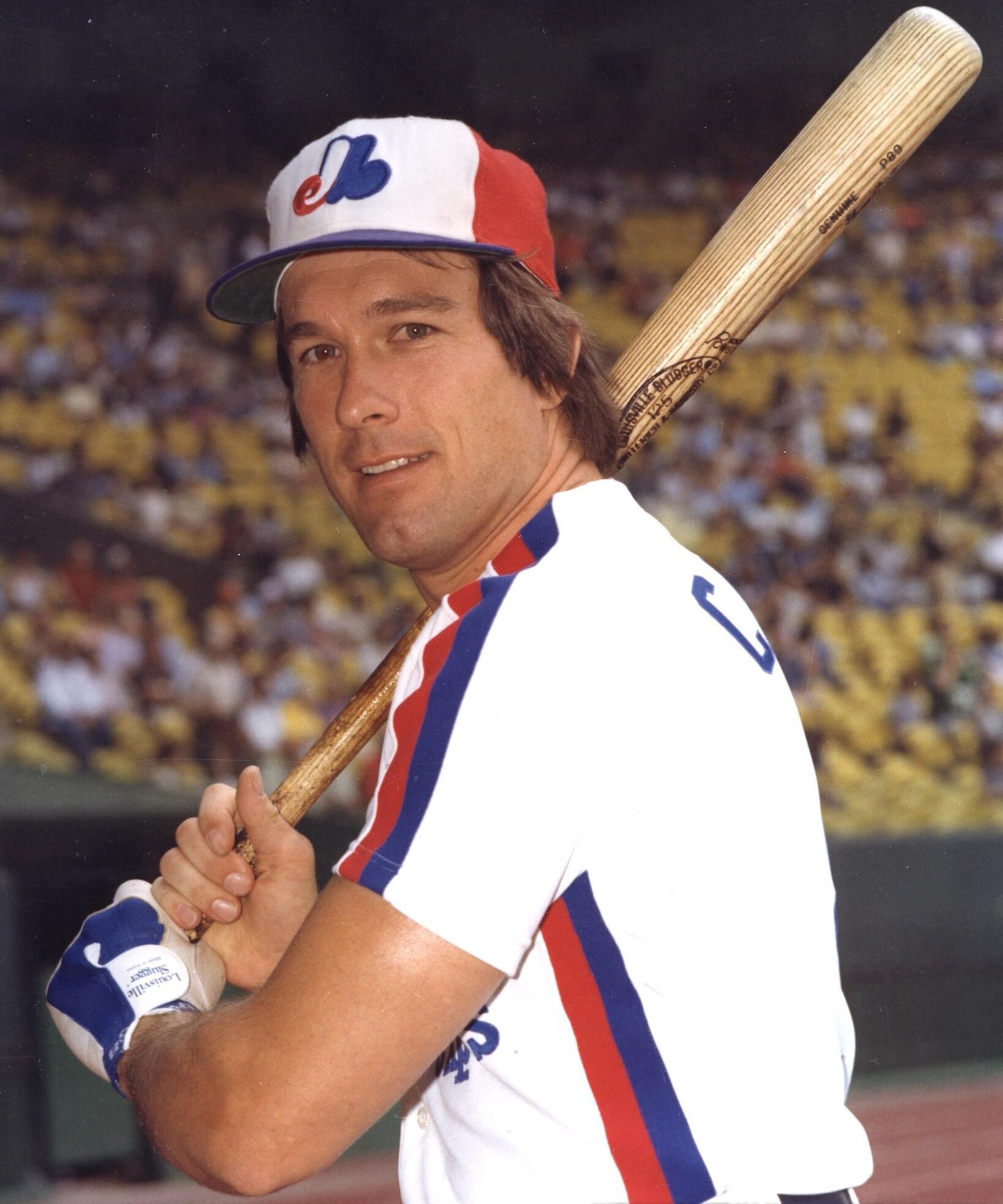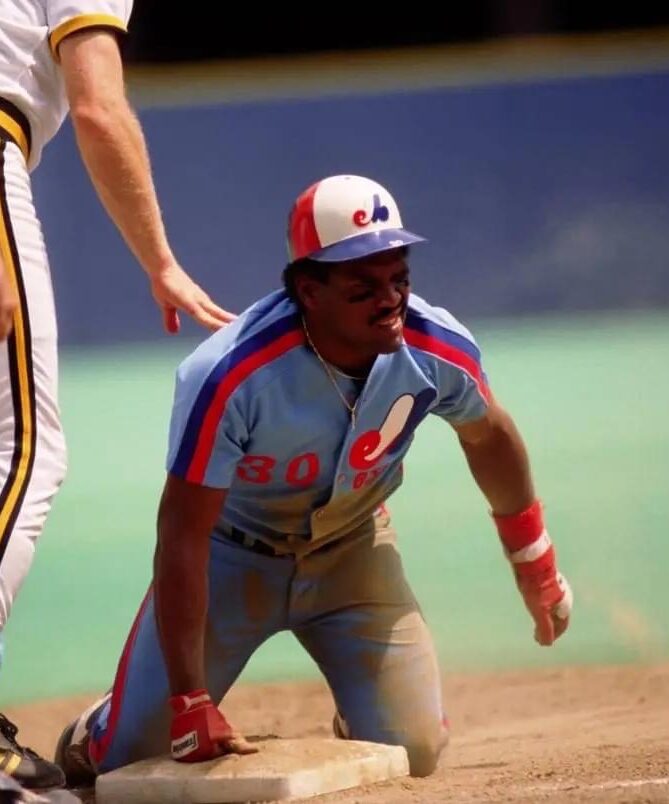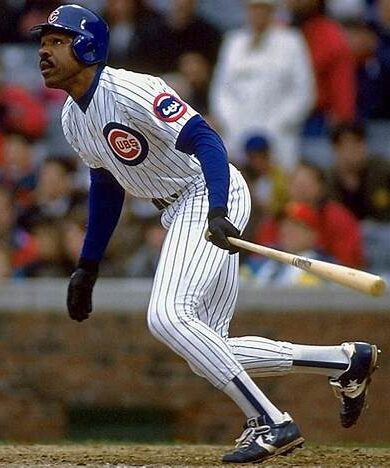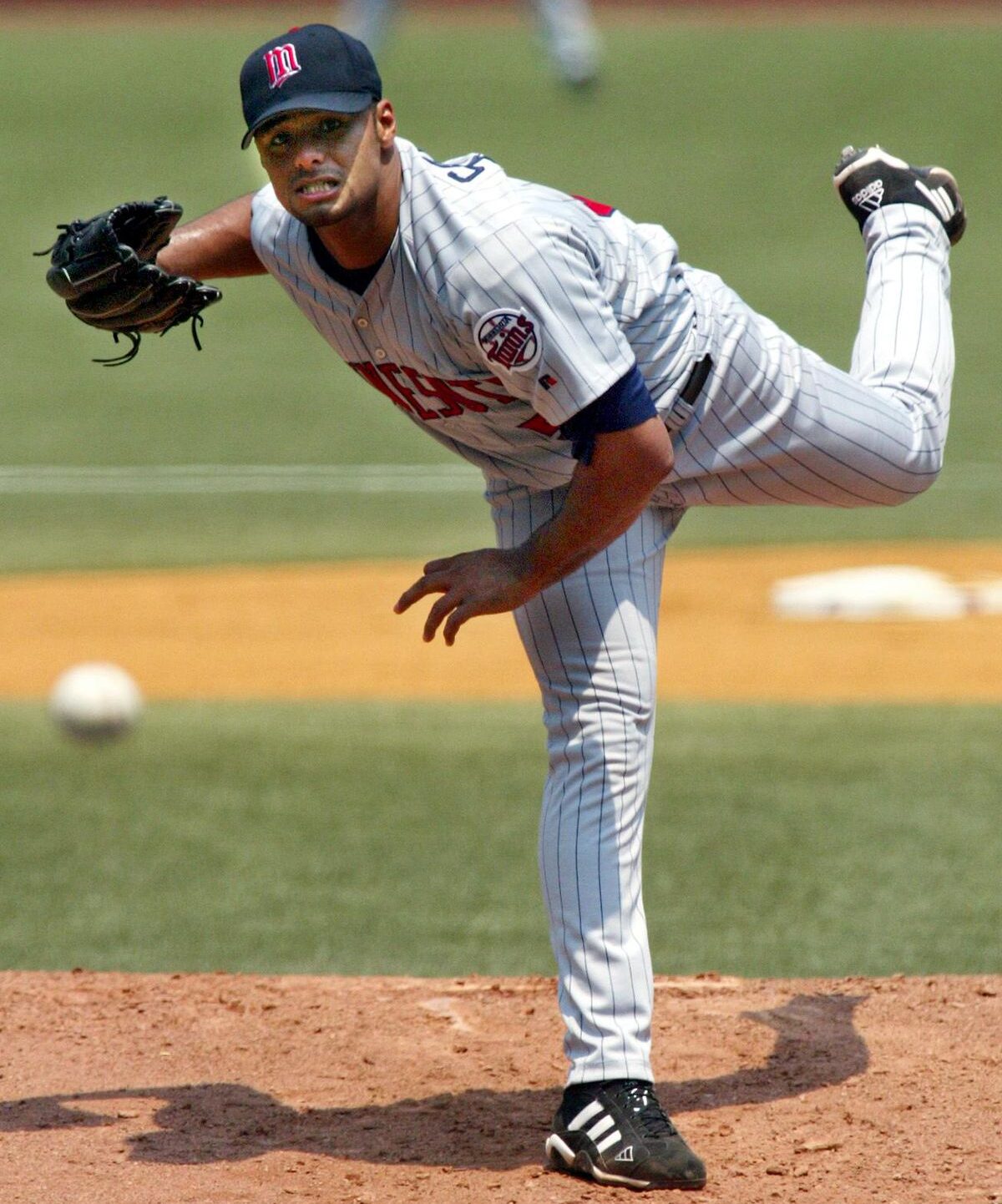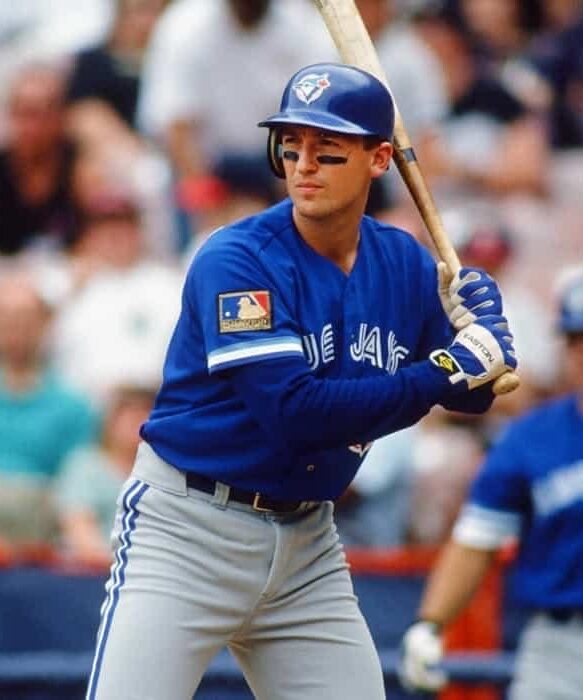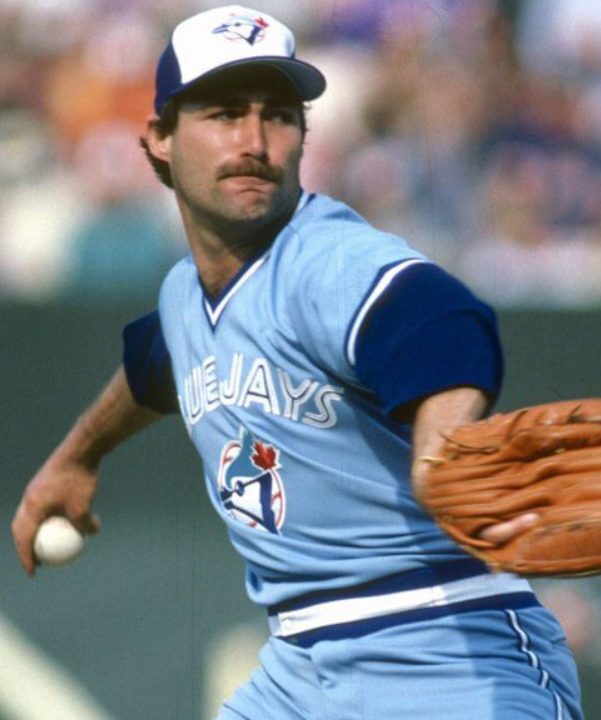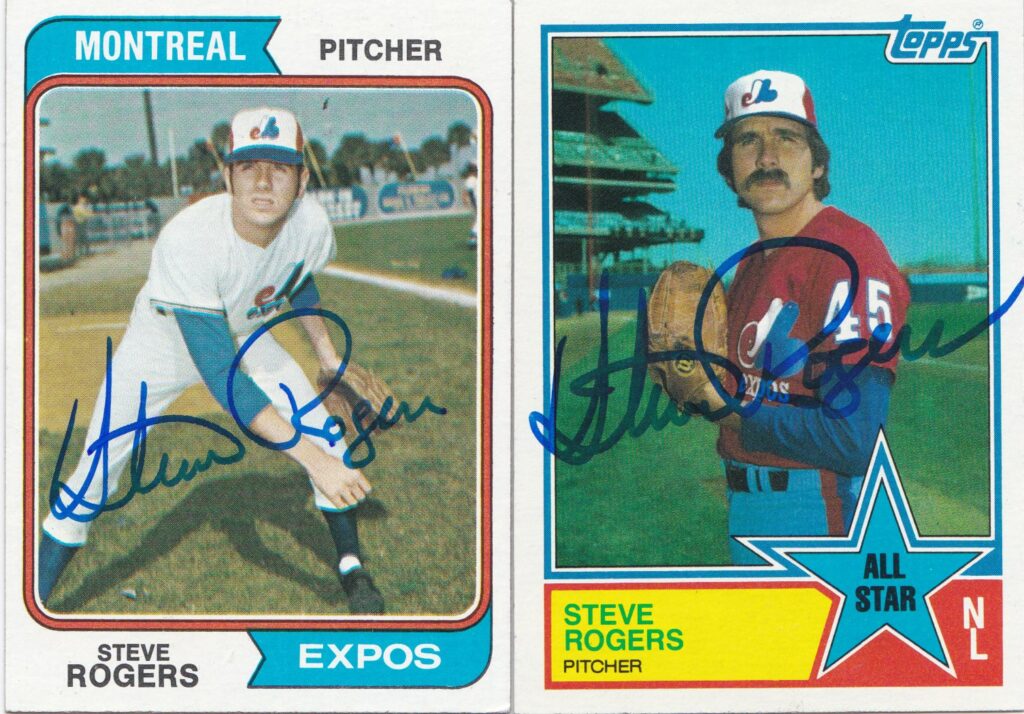
Steve Rogers was a stud in the big leagues from the start. His initial season in 1973 featured victories in 10 of 15 decisions to go along with a sparkling 1.54 ERA. The performance was good for a runner-up finish in Rookie of the Year balloting.
The next year Rogers made his first MLB All Star team. Over the next 9 seasons from 1975-1983 he was among the best pitchers in the National League. During that span he won 125 games and pitched to a 122 ERA+.
Along the way he sprinkled in league-leading numbers in many categories. In 1977 he topped NL hurlers in fielding-independent pitching. According to MLB.com, FIP, “…focuses solely on the events a pitcher has the most control over — strikeouts, unintentional walks, hit-by-pitches and home runs.”
In 1979 and ’83, Rogers posted the most shutouts in the Senior Circuit; his 14 complete games was the NL-best in 1980. The 6’2″ right-hander put up league-leading stats in ERA, ERA+, and WAR in ’82.
Rogers is also remembered for his performance – both good and bad – in the Montreal franchise’s first taste of postseason play in 1981. Magnificent in the NLDS, Rogers went 2-0 with a stingy 0.51 ERA. He clinched the team’s first October series victory with a six-hit shutout over Steve Carlton and the Philadelphia Phillies in deciding Game 5.
In the Championship Series, Rogers throttled the Dodgers in Game 3 by allowing one run on seven hits in a complete-game effort. Three days later he was summoned from the bullpen in the 9th in the Game 5 decider.
After retiring Steve Garvey and Ron Cey, Rogers faced Rick Monday. On a 3-1 pitch, Monday belted a Rogers’ offering over the wall in right-center to dash Montreal’s hopes. It was a crushing blow for Rogers and his teammates.
The pitcher responded with his finest season in 1982. Pitching with a chip on his shoulder, Rogers posted career-bests in wins, ERA, and WAR on his way to a runner-up finish for the NL Cy Young Award.
In 1983 Rogers had his final All Star season. When he retired two years later, Rogers he stood atop the Expos all-time pitching leaderboard in starts, innings, wins, complete games, shutouts, and WAR. He still holds the marks today.
In 2005 Rogers was inducted into the Canadian Baseball Hall of Fame.
Shown here is a pair of Topps baseball cards autographed by Rogers. The one on the left is Rogers’ rookie card from 1973, the first Topps card on which he appeared. It shows the runner-up for the Rookie of the Year in his home whites.
On the right is a 1983 All Star card. That season Rogers was selected to the All Star game for the 5th and final time. He won 17 games with an NL-leading 5 shutouts on his way to a 4th place finish in Cy Young balloting.
